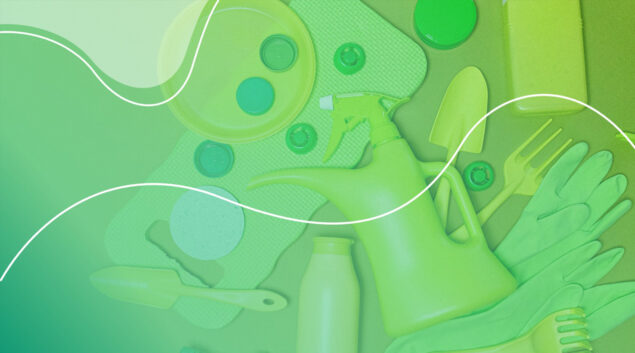
New report out describes a Danish market with numerous circular business models but also one lacking the policy framework needed to catalyse the shift from single-use to reuse.
New rules to make EU front-runner on waste management
In 2018, the European Commission introduced new rules on waste for the EU aiming to boost the re-use of valuable material in waste and improve the way in which municipal and packaging waste is managed. The new rules include recycling targets for municipal waste and a number of different waste streams (all packaging, plastic, wood, and others), as well as a mandatory extended producer responsibility scheme to be established for all packaging by 2025.
Extended producer, what now?
The extended producer responsibility (EPR) system, also referred to as ‘product stewardship’, is a policy approach that aims to make producers responsible for the environmental impacts of their products from the initial design all the way until a product’s end-of-life phase. Through this system, the objective is to increase waste recovery, recycling, and reuse. There are roughly 400 EPR systems implemented across the world and while they all take different approaches to increase reuse, recycling, and collection rates, many have in common that they generate financial resources to pay for the recycling activities in line with the ‘Polluter Pays Principle’.
Denmark is ready for an ambitious EPR system
In 2018, Denmark used around 116,000 tons of sales packaging in plastic (in addition to a host of other single-use packaging materials) and according to an analysis from Danmarks Naturfredningsforening, food packaging is one of the types of packaging that we most often see in nature. All the more reason for Denmark to ensure that the coming implementation of an EPR system on packaging is ambitious and creates the right policy framework for circular businesses to be able to truly make a difference.
The recent report out from Danmarks Naturfredningsforening, made in collaboration between Nordic Sustainability and PlanMiljø, shows that the Danish market is more than ready for regulation on increased reuse on takeaway and shipping packaging. Danish businesses such as RE-ZIP, Cirqle, KleenHub, and New Loop all show a willingness in the market to increase reuse, even in the line of businesses where this is notoriously difficult. Through research and analysis of the market and a number of interviews across industries, businesses, and key stakeholders, the report makes clear that reuse and reuse products are good business, leaving little room for excuses and a continued use of single-use packaging.
Lacking behind other EU countries
As Denmark is one of the few EU countries who has yet to implement an EPR system on packaging, Denmark is naturally also falling behind on increasing reuse. Last year, France set targets on reuse to ensure that 10% of marketed packaging will be reused by 2027, Germany has set a target of reusing 70% of takeaway cups by 2022, and Rumania has set a 2025 target for 30% of user packaging to be reused. Without ambitious targets, Denmark will simply not be able to keep up with its European neighbours.
Recommendations for Denmark
Based on the analysis from the recent report, Nordic Sustainability and PlanMiljø recommend that Denmark in 2025 must ensure that at least 10% of marketed packaging is reused, and increasing that goal to at least 15% in 2027. Once the systems and infrastructure are in place, they can quickly be scaled, and as such, the report recommends a reuse target of 50% by 2030 if Denmark is to become a leader in circular packaging solutions. The businesses are there, the market is ready. All we need now is political will and ambition to set targets and create the policies needed to make good business for both nature, the climate, and the economy.
Read full report here (in Danish)
Sources
LSE, What is the polluter pays principle, 2018
Press release, European Commission, New waste rules will make EU global front-runner in waste management and recycling, April 18th 2018
OECD Environment Working Papers No. 142, Hilton et. al, Extended Producer Responsibility (EPR) and the Impact of Online Sales, 2019.


